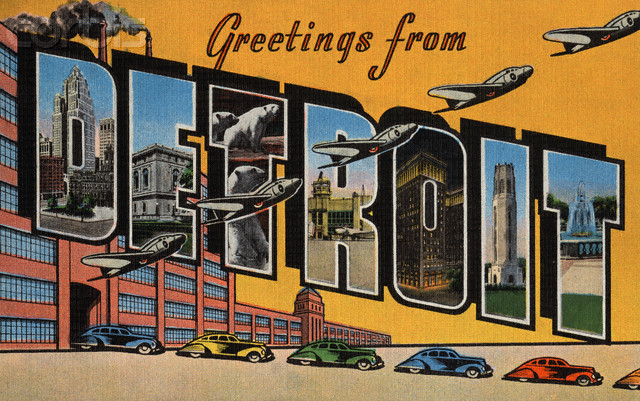
My first (and more than likely only) Utah Christmas has come and gone. What does this have to do with hip-hop you say. Ah, only everything. One of gifts this year was Jay-Z's new memoir titled 'Decoded', which purports to break down the story behind the songs. I was a little skeptical at first, but the book is very insightful (whether he wrote it or not) and the layout is real nice. But I digress.
A major theme of the book is the role hip-hop has played in defining this generation of African-American males and just how terrifying that definition is to most of America. Jay quotes a famous Biggie line that concisely displays this them:
Look at our parents, they even fuckin' scared of us...
Jay-Z's life is undoubtedly worthy of a memoir. The story of the rise of a young black man from the Marcy projects to being in Forbes magazine is enough, and really Jay-Z's entire career has been centered on telling that story from start to finish. But what has always made Jay-Z's music special is that his story is incredibly normal despite it's exaggerated nature. While he may tell it eloquently, the theme has always been the struggles of what has come to be known as the hip-hop generation
But even the label of hip-hop generation is misleading, for the message of the hip-hop generation is omnipresent, but it is one white America is often hesitant to confront. Go to any urban center and you will see the same problems. You will see the dilapidated public schools, corrupt local governments, police brutalizing, and the ever-increasing amount of young black people being put into the prison system. Despite this, there seems to be a consensus from white America: we have done enough.
It is no secret that America's discussion of race has stalled. And what this has led to is a view of African-Americans that is still defined by a homogenization of stereotypes. This can be said for hip-hop as well, and it is something that Jay-Z indirectly addresses throughout his memoir. He often complains that there is much more to his music than many have given him credit for, and this is a statement that applies on a much broader scale. In his book Decoded he writes:
To tell the story of the kid with the gun without telling the story of why he has it is to tell a kind of lie. To tell the story of the pain without telling the story of the rewards is...a different kind of evasion. To talk about killing niggas dead without talking about waking up int he middle of the night from a dream about the friend you watched die, or not getting to sleep in the first place because you're so paranoid from the work you're doing, is a lie so deep it's criminal.
Jay-Z tells the story of the hip-hop generation with this statement: there are more complexities existing within the hip-hop generation than many care to admit. And this gets to a much deeper point. Not only do many not want to examine these complexities and lend a critical thought to what it means to be black in America in the present day, but there still exists a deep, visceral fear of African-Americans that many refuse to confront.
And this applies very much to my rather liberal Utah community. There seems to be a notion that most will vote for a black president and espouse liberal ideals, but for most people's comfort levels concerning race ends. Jay-Z once wrote on The Black Album that he had '...demons deep inside that would raise when confronted'. This is an incredibly telling statement for the hip-hop generation. And while Jay-Z has made a career from speaking for the hip-hop generation, is a message that still hasn't been heard by most.








